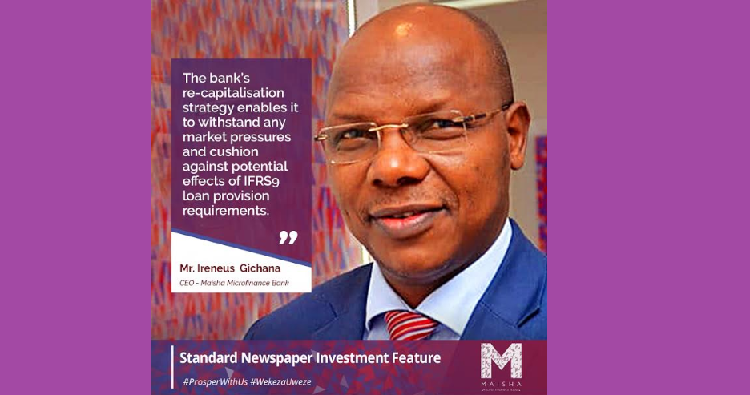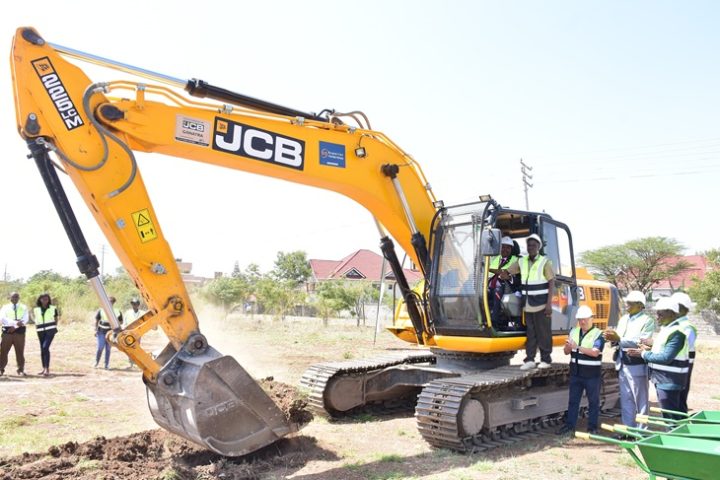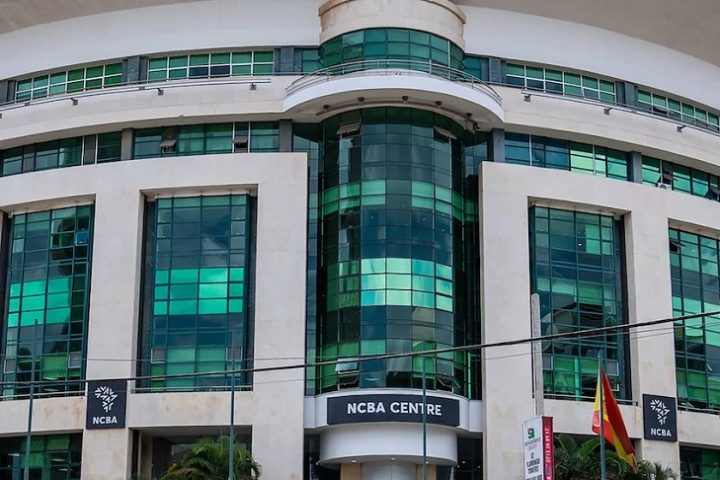Overselling of loans is to blame for Kenya’s poor savings culture, as the country’s savings ratio is still lagging behind its peers at 12 percent.
Maisha Microfinance Chief Executive Ireneus Gichana says Kenya’s financial market is heavily focused on borrowing compared to other equally important aspects such as savings, among others.
Gichana says saving is the key to the future growth of Kenya.
“High savings and investment have fueled the economic boom. China is an extreme case, with more than half of what is produced being saved and then invested,” Gichana said during the launch of a fixed deposits product dubbed M-Fanisi.
Savings ratios improved in Kenya from 5.4 percent in 2019 to 12 percent in 2020 and are projected to trend around there in 2021. This is compared to savings ratios in China at 45.7 percent, India 31.4 percent, as well as Uganda and Tanzania Savings rates which have already crossed the 20 percent mark.
“This is why we have launched M-Fanisi, a mobile-based fixed deposits savings product with the highest return in the market at 11.25 percent per annum compared to the current 6 to 8 percent per annum ordered by the Bank’s contemporaries. With M-Fanisi Kenyans can open a fixed deposit account with as little as Sh500 from the convenience of their phones,” he explained.
The move comes even as fixed bank deposits held by Kenyans hit a historic high as CBK data shows fixed deposit accounts gained Sh64.8 billion in the quarter ending June, translating to an increase of about Sh720 million every day in the period.
CBK Financial Sector Stability Report 2020 indicates that total deposits in the microfinance banks increased by 12.3 percent from Sh43.9 billion as of December 2019 to Sh49.3 billion in December 2020. The growth was supported by the aggressive use of digital platforms to mobilize deposits.
According to the report, total deposits in commercial banks grew by 15.2 percent from Sh3.6 trillion as at December 2019 to Sh4.1 trillion as of December 2020, the growth was attributable to mobilization through agency banking and digital platforms.
“The best way to safeguard one’s investment from unprecedented and volatile market movement is by investing in a fixed deposit account. With the unprecedented Covid-19 Pandemic that swept the globe over the past eighteen months, fixed deposit accounts have grown in popularity in Kenya,” he said.
Deposit accounts accrue higher interest based on the duration agreed upon between the individual and the bank.
This means that an individual with a fixed deposit account is required to wait for at least 30 days to 12 months or more without touching their money. The expectation is that the longer you keep money in the account, the higher the interest obtained.
“Fixed deposits are ideal when you want to grow your savings in a steady manner over a given time to use the funds for a larger investment such as home or land ownership or even if you’ve come into a windfall e.g., from a promotion at work or you’ve received bonus and need a safe place to keep the funds before making a major decision on how to invest it,” Gichana explains.
Maisha Microfinance Bank is regulated by the Central Bank of Kenya and is a member of Kenya Deposits Insurance Corporation; this safeguards every shilling saved through its easy-to-access mobile-based savings and loans solutions.
The bank currently has a growing customer base of over 400,000 across Kenya.
Over the past four years, Maisha Microfinance Bank has received recognition and awards for the Fastest Growing Microfinance Bank in Kenya, the most innovative, and even scooped the Gold Mark award at the CIO100 Annual Symposium and Awards Gala for its excellence in enterprise information technology adoption.












